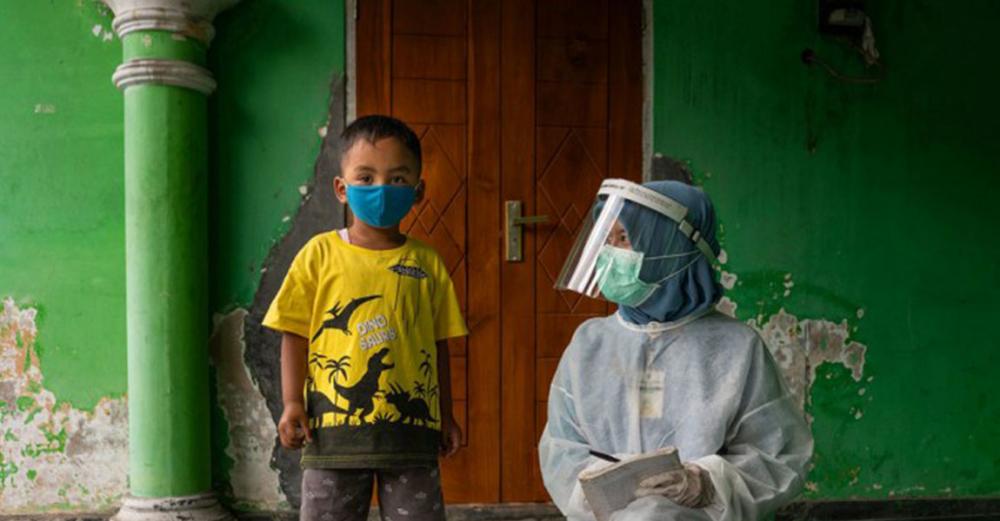Just Earth News | @justearthnews | 19 Sep 2020, 04:12 am Print

New York: Despite efforts to break the global cycle of panic and neglect seen throughout multiple disease outbreaks, the UN health agency chief said on Friday that the new coronavirus has shown that the world was “woefully under prepared”.
Although the World Health Organization (WHO) and World Bank set up the Global Preparedness Monitoring Board (GPMB) two years ago to break the cycle, WHO chief Tedros Adhanom Ghebreyesus told a media press briefing that “reviews and reports are only as good as the recommendations that are implemented”.
“COVID-19 has shown that collectively, the world was woefully under prepared”, he stated.
Muscle memory key
Since the turn of the millennium, SARS, MERS, H1N1, Zika and Ebola have all demonstrated the increasing occurrences of viruses making the zoonotic leap from animals to humans – and most recently, COVID-19.
In a new report, the GPMB lays out critical lessons learned from the coronavirus pandemic so far, as well as some concrete actions which can be taken to protect ourselves moving forward.
Developing “muscle memory”, which is done through repetition, “is key to pandemic response”, according to the WHO chief, who cited how Thailand drew from its experience with SARS and H5N1 to swiftly scale up an effective track and trace system, that has left them among the least affected nations in the world by COVID-19.
“The whole world” must do this to strengthen preparedness.
Unite in solidarity
While acknowledging that there will certainly be future novel viruses and unknown diseases, the WHO chief stressed that “the only way” to confront these global threats is “as a global community, united in solidarity and committed to long-term cooperation”.
“With the right political and financial commitment and investment now, we can prevent and mitigate future pandemics”, Tedros upheld.
‘Do it all’
At this critical juncture, WHO is asking leaders to “put targeted measures in place” that will suppress the spread and protect health systems and workers.
And the UN agency is also requesting everyone “continue to do the basics”, including maintaining physical distance, washing hands, wearing masks, avoiding crowds and keeping windows and doors open when outside visits are impossible.
“Do it all”, the WHO chief concluded.
- Alarming projection: Global breast cancer cases could cross 3.5 million by 2050, shows study
- Exam stress to emotional distress: Study reveals the dark side of academic pressure
- Vegetarian diet linked to lower risk of five major cancers, study finds
- Ukraine’s health system under fire: Attacks spike 20% in 2025, WHO warns
- A dog’s loving lick turned deadly — She woke up without her limbs





-1763561110.jpg)
